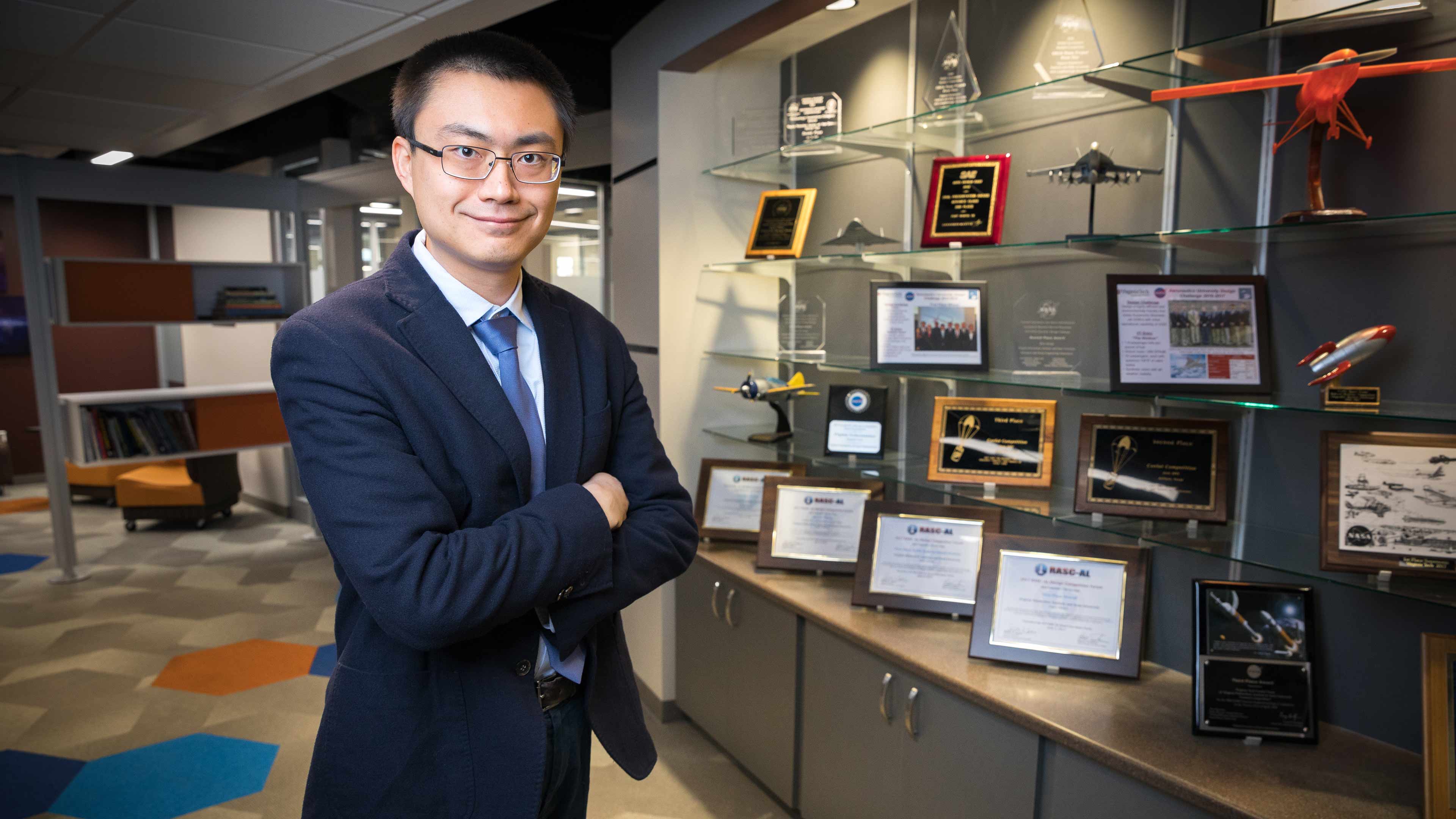Award
2018 NSF Career Award Winner
Department
Kevin T. Crofton Department of Aerospace and Ocean Engineering
What is the impact of your research?
Cavitation describes the formation, growth, and rapid collapse of bubbles in a liquid when exposed to pressure variations. Cavitation generates focused energy pulses which can cause significant damages and wear to marine propellers, pumps, and many other engineering devices. When carefully controlled, cavitation can also be applied to clean lenses and jewelry, clean barnacles from marine structures, homogenize a liquid compound or create stable emulsion, and even increase the permeability of human tissue or cell membrane for targeted drug and gene delivery. My NSF early career project aims to advance the knowledge base of cavitation fluid dynamics by delving into a new direction in fluid-material interaction and to apply the new knowledge and research tools toward various engineering and health-related applications.
What do you like most about the field of aerospace and ocean engineering?
Continuously pushing the performance limits of existing vehicles and devices. Scientific rigor pays off.
What path did you take to get to this point in your career and research?
I have a background in computational and mathematical engineering, with a B.S. degree from Nanjing University, and M.S. and Ph.D. degrees from Stanford University. After obtaining my Ph.D. degree in 2012, I worked as a postdoctoral scholar at Caltech from 2012 to 2013, then joined Virginia Tech.
When you are not researching, what do you enjoy doing in your spare time?
Reading, hiking, other outdoor activities, and spending time with family.
